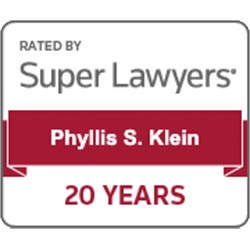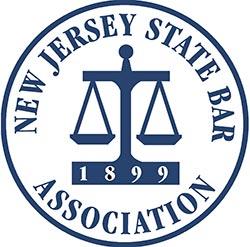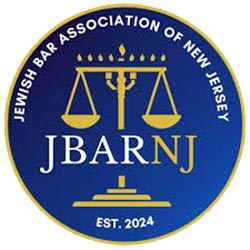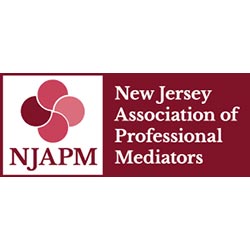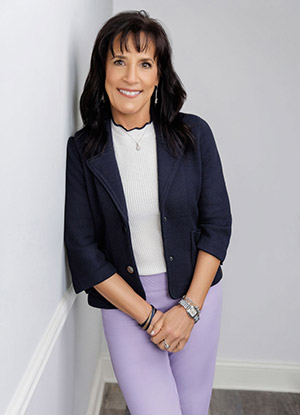
With over 20 years of exclusively mediating divorce and family law matters and conducting parenting coordination, Phyllis Klein brings extraordinary experience and a significant success rate to each matter.
Phyllis Klein is dedicated to helping her clients reach settlements efficiently. As a strong neutral with a straightforward approach, she is attentive, resourceful, and possesses limitless patience for the process. Phyllis pays meticulous attention to detail and skillfully accomplishes the challenging task of building and maintaining rapport with two individuals who may distrust each other and have significant differences in perspective.
Phyllis believes it is crucial for clients to understand what is realistic to achieve. While she is highly skilled at facilitating resolution between amicable couples, she excels in contentious situations. Phyllis adeptly assists each party in evaluating the reasonableness and the appeal of their position to the other. Though it is desirable, parties do not need to appreciate each other’s needs or perspectives or share the same motivations. A talented mediator and parenting coordinator like Phyllis Klein will efficiently orchestrate a resolution that is fair to both parties and in the best interests of the children, regardless of the level of conflict.
Phyllis excels as a divorce and family law mediator and parenting coordinator due to her extensive experience in family law spanning over 35 years. Her deep knowledge of all aspects of divorce and parenting-related matters allows her to articulate simple and complex concepts effectively. Phyllis is capable of achieving resolutions regardless of the complexity or scale of the issues involved. She values every client’s concerns, no matter how small or intricate, demonstrating her dedication to their needs. Phyllis remains impartial and presents information credibly. Most notably, Phyllis Klein is exceptionally tenacious, a quality that distinguishes her among her peers and has enabled her to establish and sustain a thriving practice solely focused on divorce and family law mediation and parenting coordination.
Prior to forming Phyllis Klein Mediation, LLC, Phyllis Klein was a partner at Hagan, Klein & Weisberg, LLC for 28 years. Prior thereto, she was an associate at Skoloff & Wolfe, PC for 9 years.






